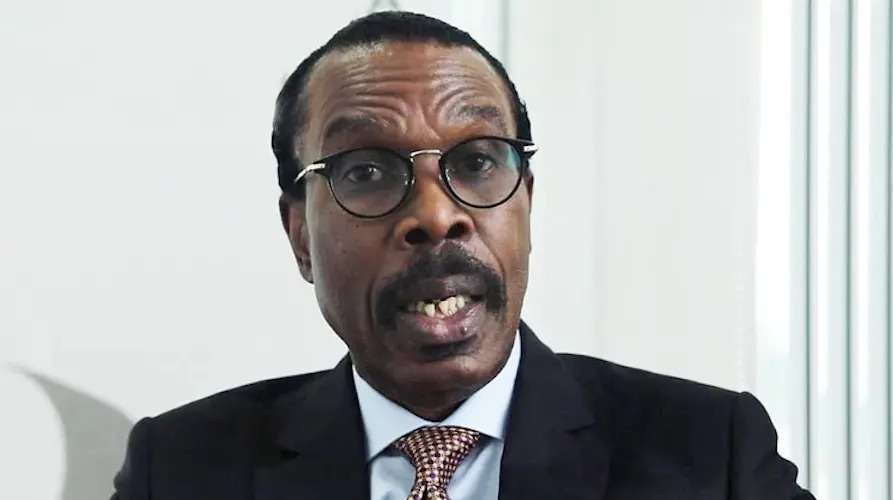Renowned Nigerian economist and CEO of Financial Derivatives Company Limited (FDC), Bismarck Rewane, has projected severe economic and social consequences following the recent 50.1% increase in petrol prices, from N568 to N855 per litre. Rewane highlighted that the hike would siphon N5 trillion from Nigerian consumers, transferring it to the government, while intensifying energy poverty and inflation across the nation.
Speaking at the Lagos Business School (LBS) Breakfast Meeting, Rewane warned that the number of Nigerians living in energy poverty could surge from 161 million in 2023 to 168 million by 2025, as the higher fuel prices squeeze household incomes and limit access to energy.

Impact on Exchange Rate and Potential Social Unrest
Rewane acknowledged that the petrol price increase could potentially strengthen the naira by reducing liquidity. However, he cautioned that this may come at the cost of social stability, with the growing frustration among citizens likely to instigate unrest. “Though the exchange rate could benefit, the pressure on household incomes and rising inflation could fuel social dissatisfaction,” he remarked.
Relief from Dangote Refinery, But Global Oil Prices to Dictate Local Fuel Costs
He further noted that the commencement of fuel production by Dangote Refinery could provide some relief to Nigerian consumers by addressing supply challenges. However, Rewane emphasized that the price of petrol would still be tied to global oil prices. “No producer will sell below their production cost, so domestic fuel prices will remain linked to global trends,” he explained.
The refinery’s operations could also curb the smuggling of petrol to neighboring ECOWAS countries, as Dangote is likely to sell directly to these regions.
Macroeconomic Outlook and Inflationary Pressures
Rewane projected that the logistics costs spurred by the petrol price hike could trigger re-inflation in September 2024, squeezing consumer demand and further escalating the cost of living. “With rising logistics expenses, inflationary pressures will intensify, impacting various sectors of the economy,” he predicted.
He also noted that the Central Bank of Nigeria (CBN) might be forced to delay any plans to ease monetary policies, with a reduction in interest rates likely postponed until January 2025. “The inflationary impact of the fuel price increase may keep monetary tightening measures in place longer than expected,” Rewane added.
Challenges in Economic Growth and Sectoral Performance
READ ALSO: Petrol scarcity will be over soon but we have no control over prices – FG
In his analysis of Nigeria’s economic sectors, Rewane observed that growth slowed in key industries such as manufacturing, agriculture, construction, real estate, and trade in the second quarter of 2024 compared to the previous year. While the overall GDP growth appeared higher due to a base effect, he revealed that only 27.74% of tracked sectors expanded during the quarter.
“Sectors that saw growth were largely labour inelastic, while labour-intensive industries lagged,” he said, warning of reduced employment opportunities, supply chain disruptions, and rising inequality as a result.
Electricity Generation: A Path to Economic Stability
Rewane offered a positive outlook on Nigeria’s power sector, forecasting an increase in electricity generation from 4000MW to 6000MW over the next three to six months. He asserted that improved power supply would attract Foreign Direct Investment (FDI), boost industrial output, and create new job opportunities, ultimately contributing to GDP growth. Rewane projected a 0.5% GDP increase for every additional 1000MW of power generated.




